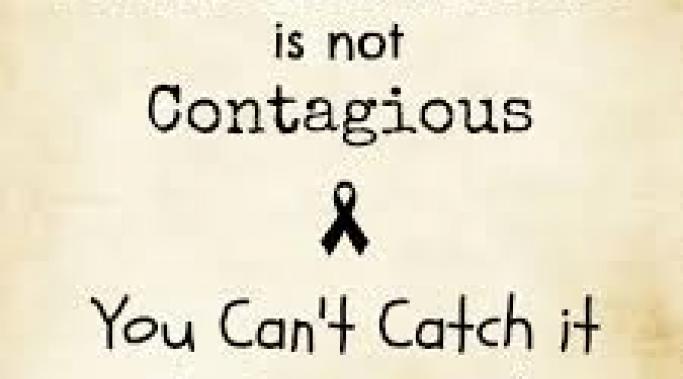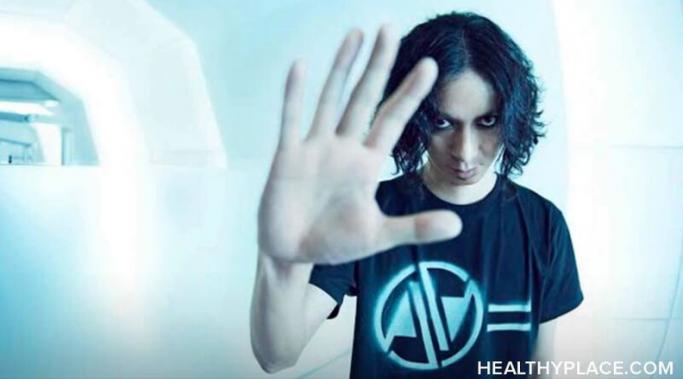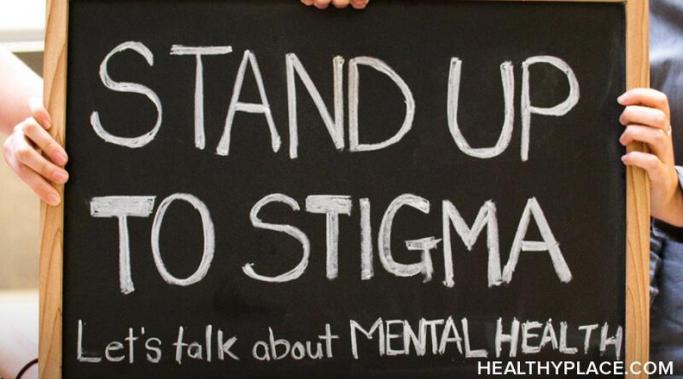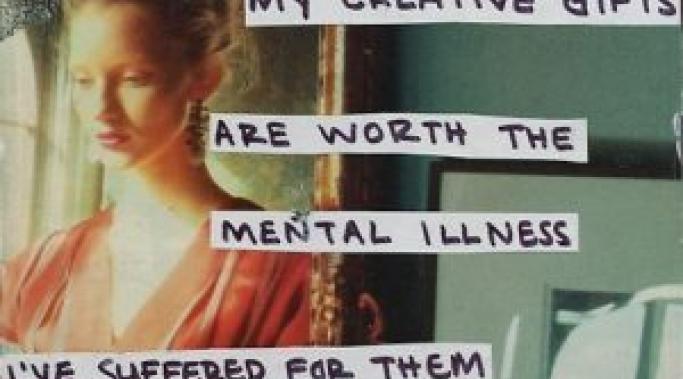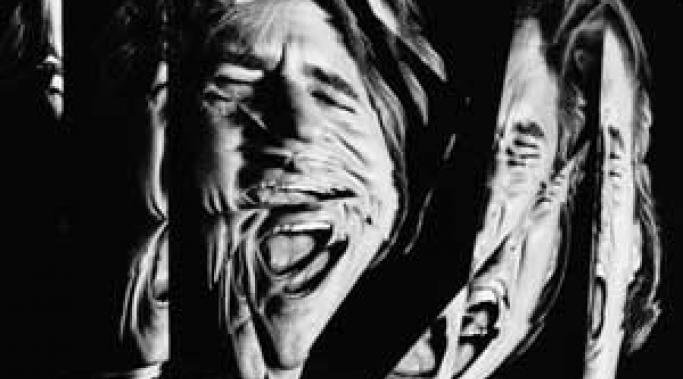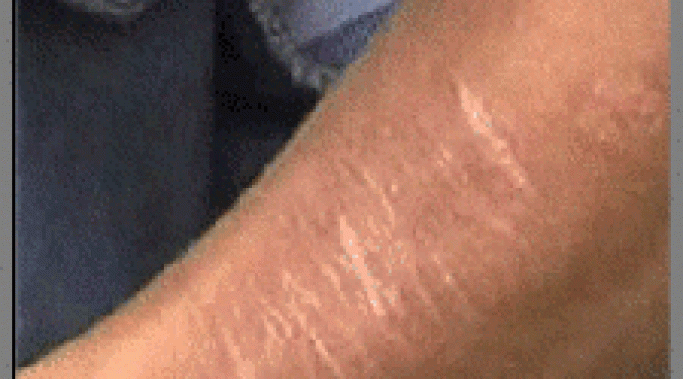It's all fine and good to sit here and preach about the evils of mental health stigma. I'm proud of the work I have done and plan to continue to do. But let me be honest for a second here; even I stigmatize against people with a mental illness. I don't mean to of course, and always try to correct my thinking, but it happens.
Self Stigma
I can guide you to overcome self-stigma because I once brutally self-stigmatized. However, now I clearly see that self-stigma hurt me in the past far more than the problems caused when anyone else stigmatized me. Follow this guide to overcoming self-stigma and feel much better about life, your mental illness, and being able to handle it all.
There are a lot of reasons that I chose to get into the field of addiction treatment, and my beliefs in the danger of AA's addiction recovery program (and others modeled on it) was the main reason. Why do organizations such as Alcoholics Anonymous retain such a glorious public perception, all the while having success rates of approximately 5 per cent after one year? Even AA's own Comments on A.A.'S Triennial Surveys, which is difficult to find, and even more difficult to decipher, does in fact state these dismal results.1
I was a depressed teen. Well, that's sort of putting it lightly. I had thoughts of suicide from a very young age and much of my time in high school was spent either contemplating suicide, or experimenting with the slow suicide of dangerous drugs.
According to a recent study of 1.2 million people, the link between creativity and mental illness has been confirmed.
I have believed this to be the case since reading the eye-opening book by Dr. Kay Redfield Jameson ‘Touched with Fire: Manic Depressive Illness and the Artistic Temperament’ back in 1996 and am endlessly pleased that such a comprehensive study with a large sample size has found comparable results to her initial hypothesis.
I’ve survived episodes of major depression, mania and anxiety, but none of them changed my perception of the world as much as my three month battle with psychosis at the age of 18.
All mental illness carries its own difficulties and stigmas, but I feel that there is a special sort of stigma that is created by psychosis. Whereas most mental illnesses are hidden, psychosis is in your face, impossible to overlook, unpredictable. It changes you and changes the people around you.
I don’t remember much about the first time I cut myself. I was probably about eleven or twelve at the time. I don’t remember why I did it, or what was going on in my mind at the time. But looking back on it now with a more formal and educated understanding of self-harm, I understand that I was seeking release.
